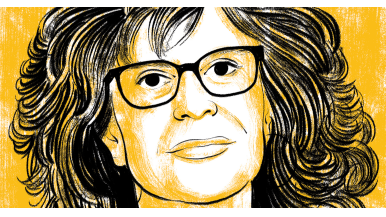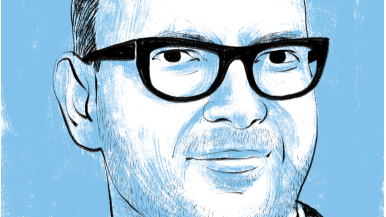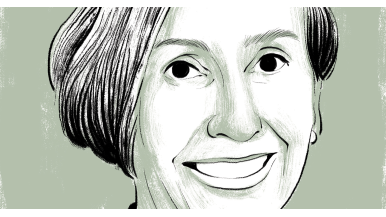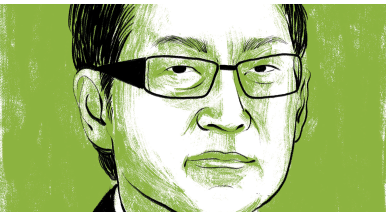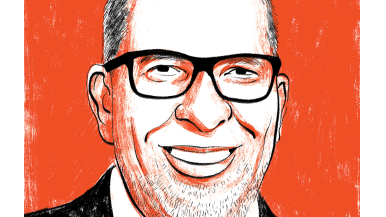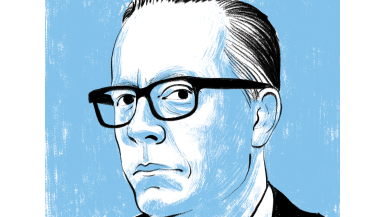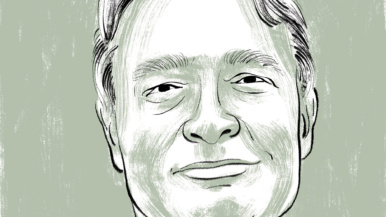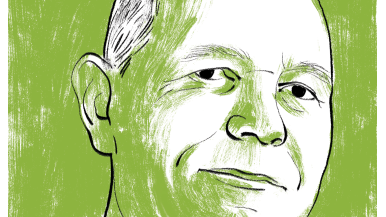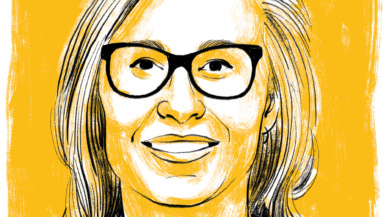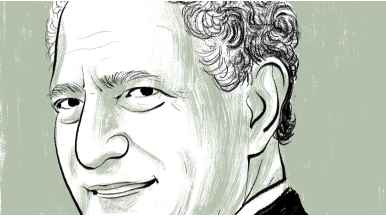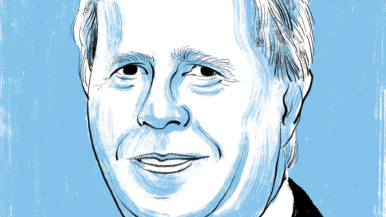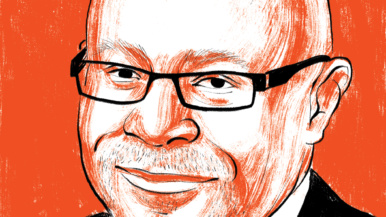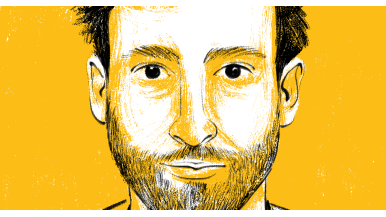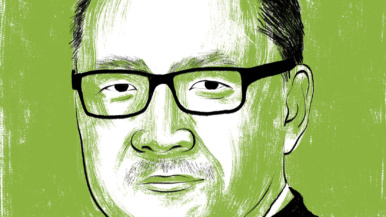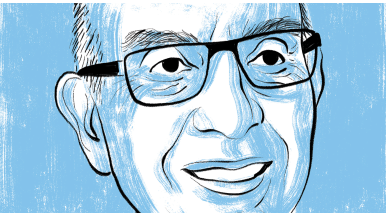Sidewalk Labs is the future of urban tech

A dozen or so years ago, I was recruited to Toronto to establish the Martin Prosperity Institute, a think tank focused on urban, regional and national competitiveness. My wife and I have grown to love this city we call home. But Toronto needs to compete with the best of the best, and that’s why I support Sidewalk Labs’ Quayside project.
Toronto has made it into the ranks of global cities. It tends to place highly in rankings of quality of life. It has strong banks and a world-class real estate market. But despite the hype about high-tech in Toronto, we lag significantly behind the world’s leading cities.
Sidewalk Labs is more than a real estate development. It can anchor a new generation of start-up companies in the emerging area of urban tech innovation, a sphere that fuses technology and urban living and spans a plethora of emerging industries like ride-sharing, co-living, co-working, bikes and scooters, food delivery, real estate and property tech and construction tech. Urban tech is already a larger sector than artificial intelligence or cryptocurrency, and it promises to grow precipitously over the next few years. Urban tech investment totalled more than $75 billion (U.S.) between 2016 and 2018, which amounts to nearly a fifth of global venture-capital investment—considerably more than biotech or AI.
What I love about Sidewalk is that it’s not run by techies but by city-builders. I have known Dan Doctoroff for the better part of two decades, since he was the deputy mayor of New York City under Mike Bloomberg. Dare I say Bloomberg and Doctoroff are responsible for the revival of New York City’s economy, and its rise as a leading tech and creative hub. Key members of the Sidewalk team were the driving force for many important projects in modern New York, including the massive new tech hub anchored by Cornell University and the Israel Institute of Technology.
Sidewalk has been plagued by privacy concerns, but these are issues that apply to any company that has access to our data—like mobile phone providers or Uber or the Gmail accounts we use every day. Unlike those companies, Sidewalk has pledged to help solve these problems by setting up mechanisms like a public data trust, an independent agency tasked with safeguarding the public good while fostering innovation. The way I see it, the upside of the project in terms of jobs and high-tech innovation far outweighs the risks.
Think about how we’ll feel 10 years from now if Sidewalk is pushed out of Toronto and the world’s leading urban-tech innovation cluster has taken root in a city like Denver, Detroit or Pittsburgh. Is that a risk we really want to take?
This story originally appeared in the September 2019 issue of Toronto Life magazine. To subscribe, for just $29.95 a year, click here.
